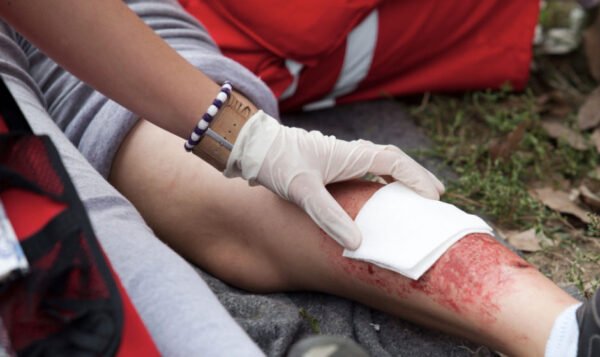5 Strategies That Could Help Biotechnology Students Excel in Clinical Research

The biotechnology landscape is witnessing unprecedented growth, with clinical research emerging as a pivotal area of focus. In 2022, oncology dominated clinical research, accounting for approximately 50 percent of all new trials, underlining the importance of this field for biotech students aiming to make a meaningful impact.
As future innovators and researchers, biotechnology students are poised to play a significant role in shaping the trajectory of healthcare and medical science. However, navigating the complexities of this evolving field requires a strategic approach and a commitment to continuous learning and skill development.
Mastering Lab Techniques and Equipment
A significant aspect of excelling in clinical research is gaining proficiency in laboratory techniques. For biotechnology students, this means not only understanding theoretical concepts but also acquiring hands-on experience in the lab.
One of the key elements in modern biotechnology labs is the use of advanced equipment like the single cell seeder. This innovative tool is essential for conducting high-throughput screening and genomic sequencing.
Mastery of these technologies is crucial, as they offer unparalleled accuracy in cell analysis, which is fundamental to understanding disease mechanisms and drug development. Practical experience in utilizing these technologies enhances a student’s ability to innovate and contribute to groundbreaking research.
Developing a Strong Foundation in Data Analysis
The backbone of clinical research is data. For biotechnology students, it is essential to cultivate a deep understanding and proficiency in developing robust data analysis skills. This involves not just understanding the basics of data collection but also grasping the nuances of data integrity and ethics.
Additionally, mastering the art of interpreting and drawing meaningful conclusions from complex datasets requires an analytical mindset and problem-solving skills. Gaining expertise in statistical tools and software is essential for transforming raw data into meaningful insights.
These tools are indispensable for analyzing complex data in fields like molecular biology, bioinformatics, genomic interpretation, pharmacodynamics, and personalized medicine. Enhanced data analysis skills empower students to address intricate biological problems, contributing valuable insights to research and development, and playing a key role in innovating new treatments and diagnostic methodologies.
Staying Updated with Latest Research and Trends
In the rapidly evolving domains of biotechnology and clinical research, staying updated with the latest developments is crucial for students aspiring to excel. This includes keeping pace with emerging areas such as synthetic biology, nanotechnology, and bioengineering.
Engaging regularly with leading scientific publications, participating in seminars and workshops, and engaging in academic discussions are key to this learning process. These activities not only broaden knowledge of recent scientific breakthroughs and technological advancements but also enhance practical skills and experiential learning.
They stimulate critical thinking and inspire new research ideas by exposing students to diverse perspectives and methodologies. Staying informed is key in fields like gene editing, immunotherapy, and regenerative medicine.
This knowledge not only informs students’ current studies but shapes their approach to future scientific challenges, preparing them for future challenges and innovations in the rapidly evolving biotech sector.
Building a Network with Professionals and Peers
Networking plays a crucial role in the realm of clinical research. It’s through these connections that students can learn about new opportunities, gain insights, and receive guidance. Building a strong network with professionals and peers in the field can open doors to collaborations, internships, and even future career prospects.
Networking can be done through various channels, including academic conferences, online forums, and professional associations. This network becomes a valuable resource for mentorship, discovering research collaborations, and staying informed about job openings and industry trends. Effective networking can also lead to partnerships that may result in co-authored publications or joint research projects.
Engaging in Collaborative Projects and Internships
Participation in collaborative projects and internships is a valuable strategy for biotechnology students aiming to excel in clinical research. These experiences offer practical exposure, allowing students to apply their theoretical knowledge in real-world scenarios.
Working on group projects fosters teamwork and communication skills, while internships provide a glimpse into the professional world of clinical research. These opportunities are not just learning experiences; they are platforms for students to demonstrate their skills, gain confidence, and make an impression in the professional community.
Internships serve as an essential link between academic study and the practical aspects of professional biotech work, providing deep insights into the industry’s operations. They are crucial for allowing students to put their theoretical knowledge into practice, which in turn significantly bolsters their understanding and skillset in a real-world context.

Final Thoughts
Biotechnology students are at the forefront of the future of clinical research. By following a few key strategies, students can significantly enhance their capabilities and contributions to the field. These strategies are not just steps towards personal achievement; they are investments in the future of healthcare and biotechnology. As students embark on their journeys, they carry the potential to drive innovation and make a lasting impact on the world.



